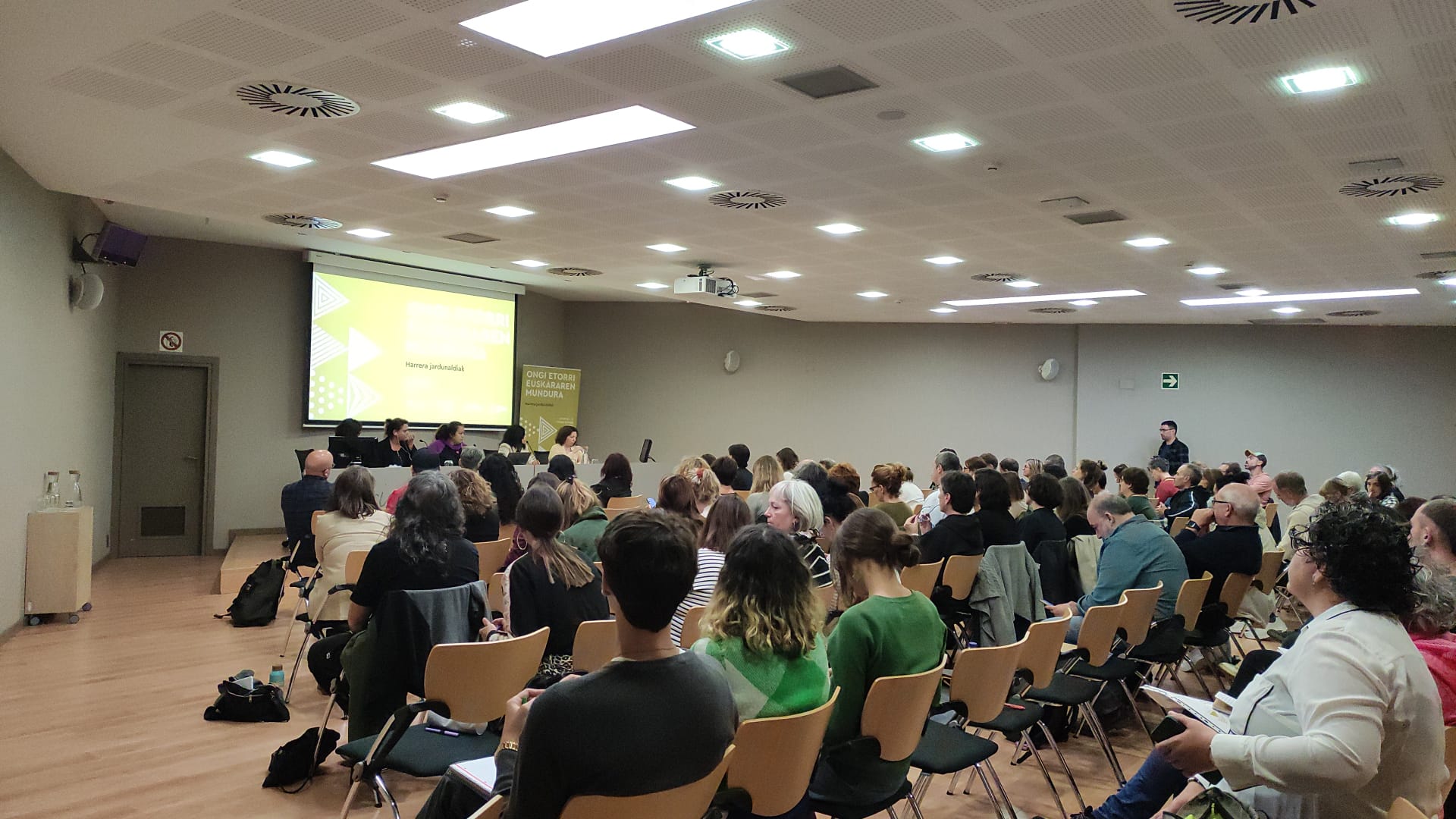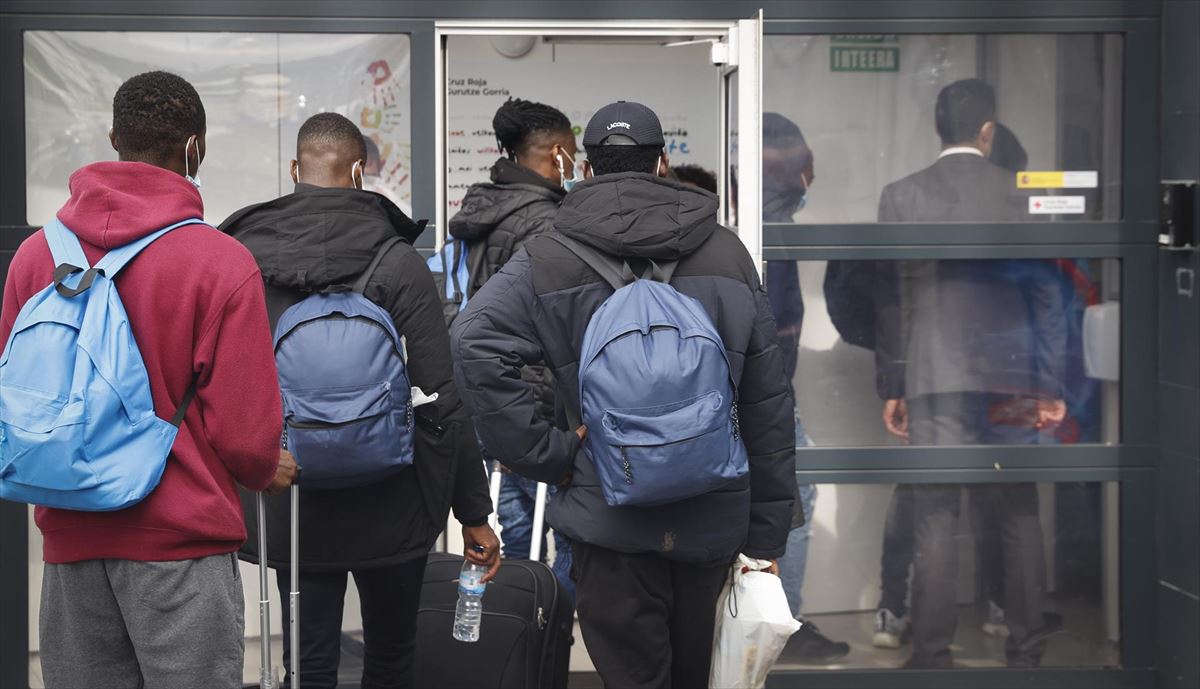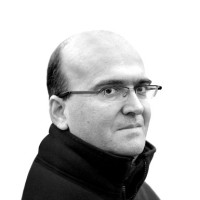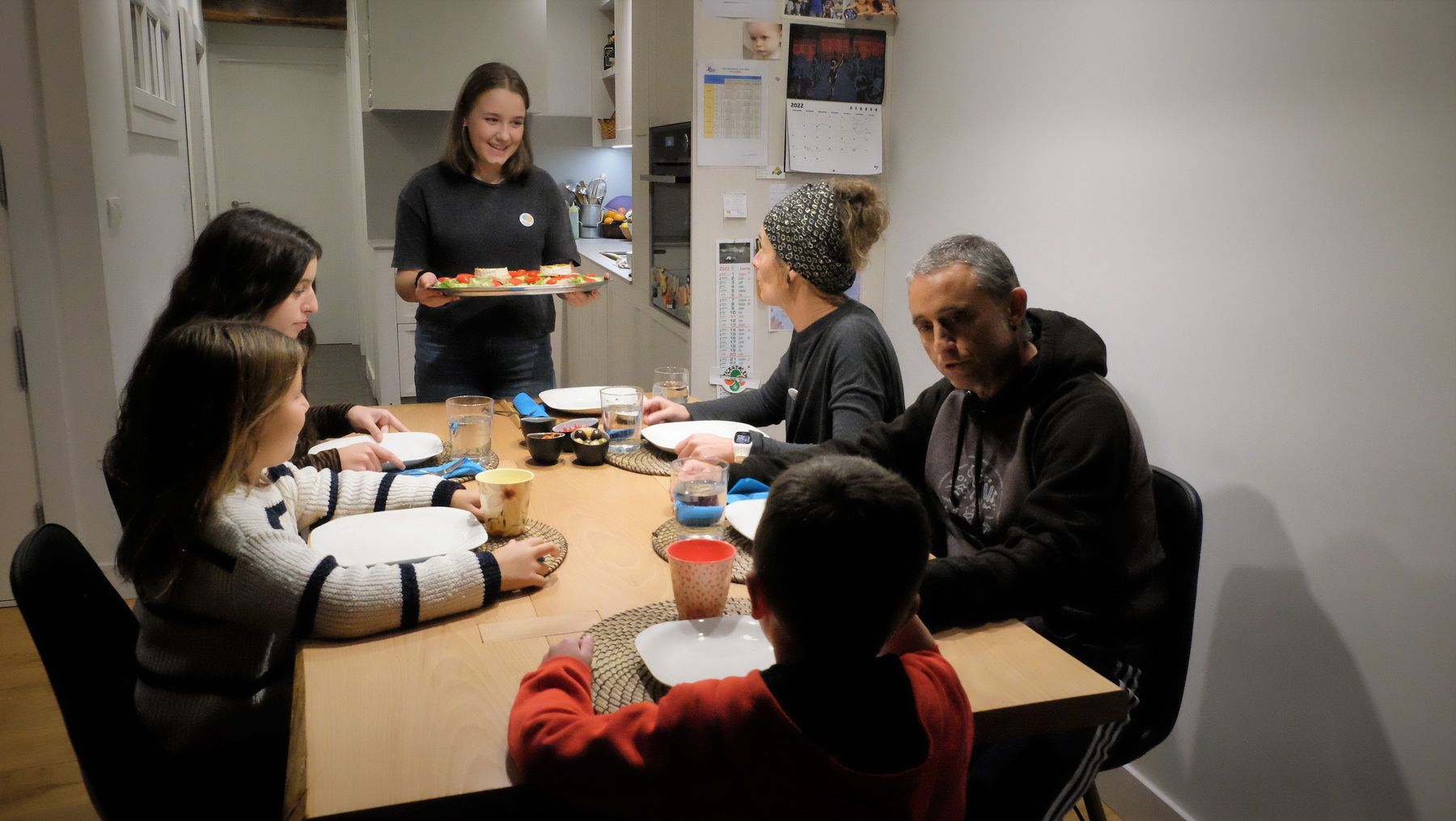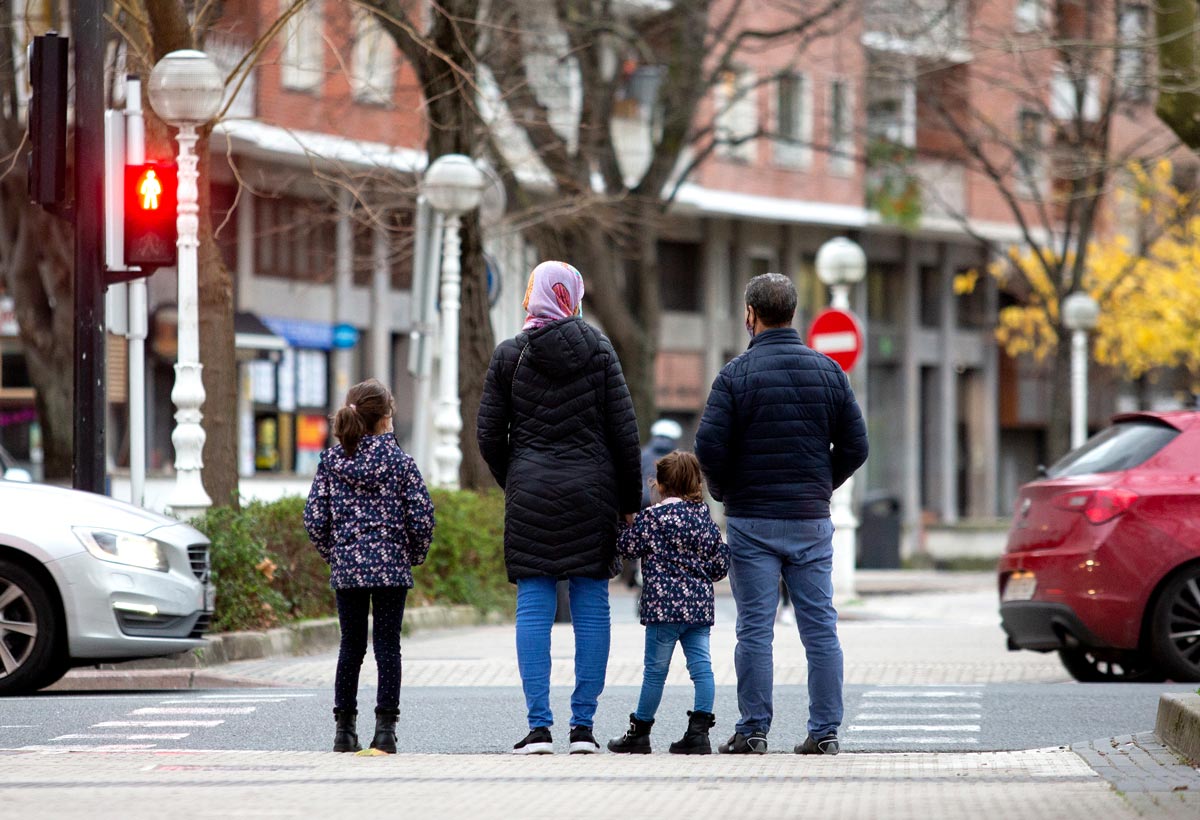“To be Basque is an option, but we have to give way to that option”
- How does it need the welcome we give to the new Basque citizens? How to build partnerships for the process of normalization and revitalization of the Basque Country? The most urgent challenges have been addressed at the Ongi etorri Euskararen Mundura Conference in Vitoria-Gasteiz, organized by the Euskalgintza Council. For two days, people from different local initiatives, Basque migrants, technicians and university experts have shared reflections and practices on the migratory phenomenon. On Thursday, Cira Crespo collected in ARGIA the experiences of the people who have come to live in the Basque Country. The round table on Friday morning dealt with the migration and normalisation of language from the point of view of education and leisure.
.jpg)
Rubén Sánchez, Aitor Barriocanal, Egoitz Urrutikoetxea, Yasmine Khris and Arantxa Caminos have taken the floor. They have all stressed that they speak from the peripheries of Euskera (Zuberoa, Gasteiz and Iruñea), that the lack of resources is very large and that alliances must be built between the oppressed.
With very few resources, what can we do from the local Euskalgintza to offer the newcomers the opportunity to approach the Basque country? Khris and Caminos explained the teachings of the ONGI project Etorri Iruñea, jointly launched by the LABA gunea and Kabia programme. They organized an intimate cycle in which people born in Navarre and people from abroad met. Rather than teaching Basque, the objective has been to make the language and culture known, to create adhesions and to establish links between people. They have stressed the importance of networks of relationships, community projects and being “part of the city in which you live” to ensure emotional well-being and create links.
Goian is an educational community project in the Old Town of Vitoria-Gasteiz, and through free time, from the beginning they are “putting the Basque in the center of all dynamics”. Aitor Barriocanal is one of the coordinators and, like the Counterparts, has the community as a central element of its activity for the dissemination of the Basque Country.
“The Basque can be given a nice welcome, but there are not enough means to continue learning. Learning Spanish and French is totally free" (Ruben Sánchez)
But is it enough for some people to approach the Basque country through informal relationships? However nice it may be, how far can we go that way? Rubén Sánchez is not so optimistic: “We do what we can and it’s OK, but the reality is we don’t reach a very high percentage.” Sánchez has warned that the map "in its entirety" needs to be looked at: “The Basque can be given a nice welcome, but there are not enough means to continue learning. Learning Spanish and French is totally free. The learning of the Basque country must be at least as free as the learning of Spanish and French.”
One of the gaps is the lack of resources from popular projects, but what about the administration’s linguistic policies? If in Hegoalde the budgets and the impact capacities are very low, let us not say in Ipar Euskal Herria. Urrutikoetxea has pointed out the “segregation” suffered by the Basque Country under the French State: it has no institutional support, it is a people and a culture that the State denies and for the majority of those who come unknown. In addition, he warned that the speeches we construct the Basques must also be based on the reality of Iparralde, which is often ignored from the South.
In this context, the pedagogical manager of Seaska has posed the challenge as follows: firstly, we have to bear in mind that “it becomes Basque”, which is an option, therefore, and secondly, we have to “give way” to that option. That is, “we must create the necessary conditions for the people who come to live in Euskal Herria to be able to make and develop that choice, to offer a community”. Unfortunately, today, the model of immersion in Ipar Euskal Herria and the Ikastolas are the only ones that do, “we have to do with what we can, because the state does not give any resources”.
"I was not born in the Basque Country, but I am Basque, and I learned Basque in that country" (Yasmine Khris)
In order to build these conditions, from the point of view of Sánchez, we must ask ourselves “what can Euskal Herria offer, without a state or institution of its own, with a minority language, which Spain and France cannot offer”. The experience of the reception projects carried out in the Old Town of Vitoria-Gasteiz has brought value to people and communities from all backgrounds, not only giving the opportunity to be part of the Basque Country, but also offering the conditions to maintain and transmit their own language and culture. “In this way, we will be able to activate communities with similar problems. What we can offer is the construction of a people, unlike France and Spain, that takes all languages into account. To show that we can make a country that is not imperialist monolingual, that is something we can do with the current conditions, without so much money.”
The other rapporteurs have also joined in this. Khris has insisted that “the key is to make a country”, and has done so from his own experience: “I was not born in the Basque Country, but I am Basque, and I learned Basque in that country. I can’t define what the people are, but I learned the language to participate in this society.”
Harrera-herri euskaldun nola izan gaitezkeen galdetu zion Leire Amenabarrek bere buruari eta parean zituenei iaz, Gasteizen, harrera-hizkuntzari buruzko jardunaldietan, eta galdera horrexetan sakontzeko elkartu gara berarekin hilabete batzuk geroago. Amenabarrek argi du... [+]
Euskalgintzaren Kontseiluak antolatutako "Ongi etorri Euskararen Mundura" jardunaldiak izan dira Gasteizen ostegunean eta ostiralean. Egun bi bete-beteak, eta mahai gainean Euskararen normalizazio prozesuan euskal herritar berriak integratzeari buruzko praktikak... [+]
Among many falls, there are also achievements. A young mother of about 35 years old asked me the other day how they could get in their school that the classmates who had not received Euskera at home learn and speak as well as the boys and girls who were Euskaldunes at home. In... [+]
“How are you?”
“Bad, bad. Subject to machine.
“You’ll turn it around because you’re tough.
I don't know. Now I don't know.
This was the last interview with his American uncle. He was a pastor to Nevada, where he founded his family, his new life. They have come from... [+]
UEMA, the Commonwealth of Basque Municipalities, presented to the media last month a campaign under the motto Egin nirekin euskaraz. Families have emerged that do not originate in the Basque Country, along with representatives of UEMA. They say that we Euskaldunes often approach... [+]
We learned by publishing the results of the last sociolinguistic survey of the Basque Country in Navarra: Since 2011, the Foral Community has strengthened its attitude against the promotion of the use of Euskera and weakened the most favorable. In Basque Country, seeing people... [+]









